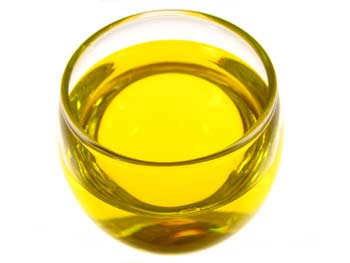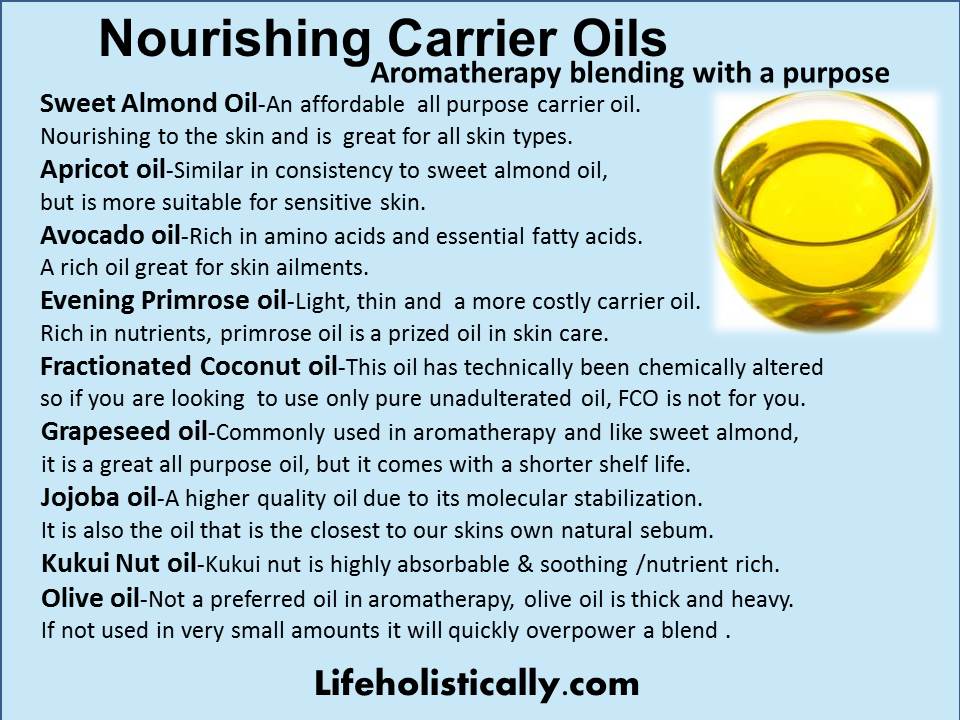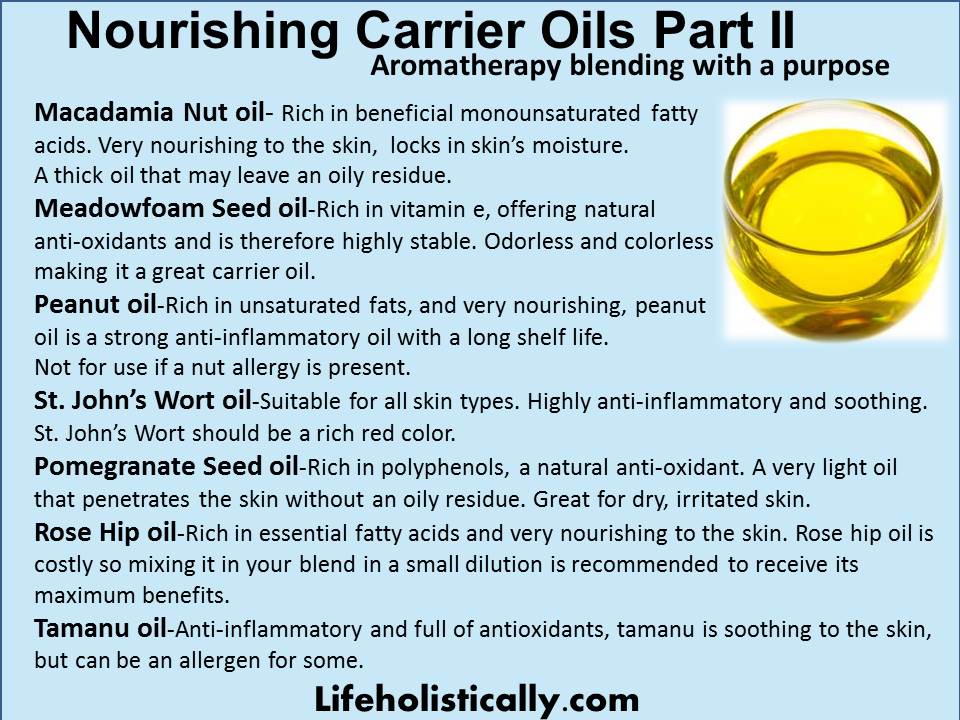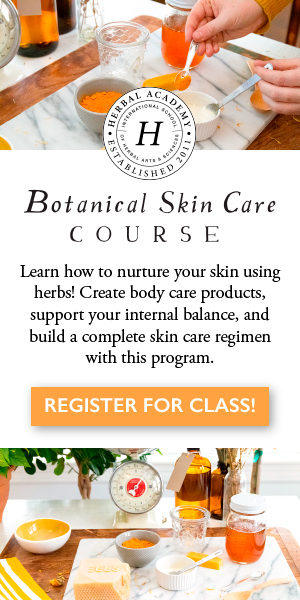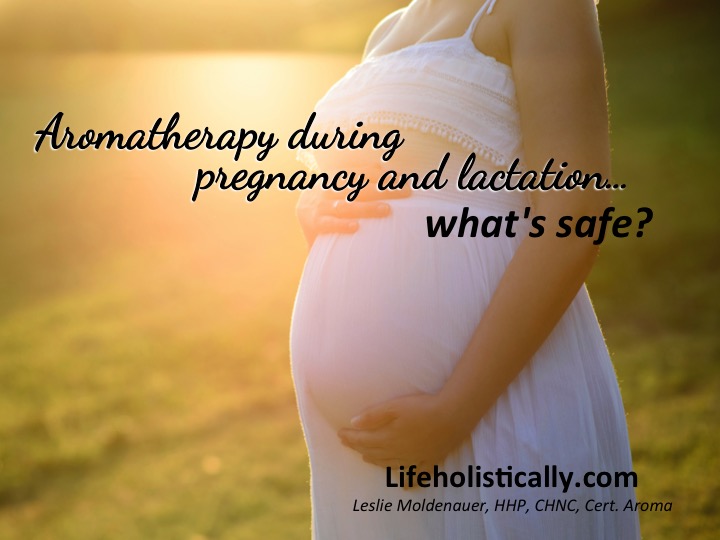
Essential Oils During Pregnancy and Lactation…What’s Safe?
With so much mis-information on the Internet, where do you turn for accurate advice? I give references when possible to do your own research. Even when you get information from someone you trust, you need to do your own homework before utilizing essential oils. My references are not typically random blog posts or anything that has not been fully researched, but books from pioneers in the field of aromatherapy, their articles, journal articles, or studies, etc.
This article will be speaking to aromatherapy use during pregnancy and beyond into the nursing years. I decided to write about this because there are a lot of misconceptions out there. Pregnancy is a delicate time, especially during the first trimester, and as we know that chemical constituents in essential oils pass the placenta, even though only in minute amounts, so safety needs to be addressed.
According to International Federation of Professional Aromatherapists (IFPA), “Essential oils by their very nature, being organic substances, will cross the placental barrier and have the potential to affect the fetus. However, the amount of essential oil that actually accesses the mother’s skin is very tiny and therefore the amount that reaches the placenta is minuscule if proper dilutions are being used. Small amounts of essential oils can be beneficial to the baby and there are no recorded instances of harm being caused to the child through essential oils used in aromatherapy massage” (1).
On the flip side of the coin, aromatherapy is rarely, if ever, black and white. It is not a NEVER or ALWAYS modality. Jane Buckle, PhD, RN, has been using essential oils successfully in a clinical setting for years. Essential oils can have many beneficial properties relevant to pregnancy, labor, delivery, and postpartum (2). The key is knowing which oils to use, and how to use them. They are very useful for stress, nausea, pain, comfort, and even prove to be quite beneficial in labor and delivery.
The use of aromatherapy can also be extremely beneficial to those afflicted with postpartum depression. Essential oils are a wonderful complementary modality, but a specific oil or oil blend that works for one person, may not work for another. Therefore, I try to stay away from “recipe” recommendations online. This is not beneficial to the individual.
I performed an interview recently with Pam Conrad, PGd, BSN, RN, CCAP. Pam earned her Bachelor of Science Nursing degree from Purdue University and has been a registered nurse for over 25 years. Pam completed R J Buckle and Associates 18-month Clinical Aromatherapy course for healthcare professionals in 2000. The interview focuses on labor, delivery, and postpartum. Pam does mention in the interview about benefit vs risk. As I feel it is important to see all possible sides of the equation, I am posting the link to the full article here.
We are all unique…what works for me may not work for you!
Marguerite Maury, a pioneer of aromatherapy stated, “To reach the individual we need and individual remedy. Each of us is a unique message. It is only the unique remedy that will suffice”.
It has been noted by some that peppermint and spearmint are not safe during pregnancy. They can in fact be used safely for nausea during pregnancy as well as postpartum. Placing a couple of drops in an inhaler can be very helpful. Some mother’s report a decrease in breast milk production with the mint families, others do not. The evidence is anecdotal. Use sparingly and as stated below, until you know how or if they work for you. Never take internally.
The do not use list in Robert Tisserand’s Essential Oil Safety 2e in regards to pregnancy does not account for medical conditions or medications. In these situations, additional research needs to be done before using essential oils, as your list of “do not use” may be more detailed. Please seek out an aromatherapist for assistance.
Essential oils are complex, training is recommended…
There are a few recommendations that are important to follow during pregnancy such as:
- Unless under the care of a trained professional, essential oils should not be used internally. (more…)

